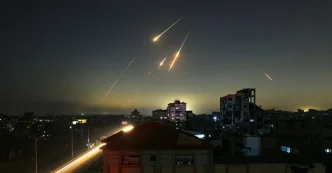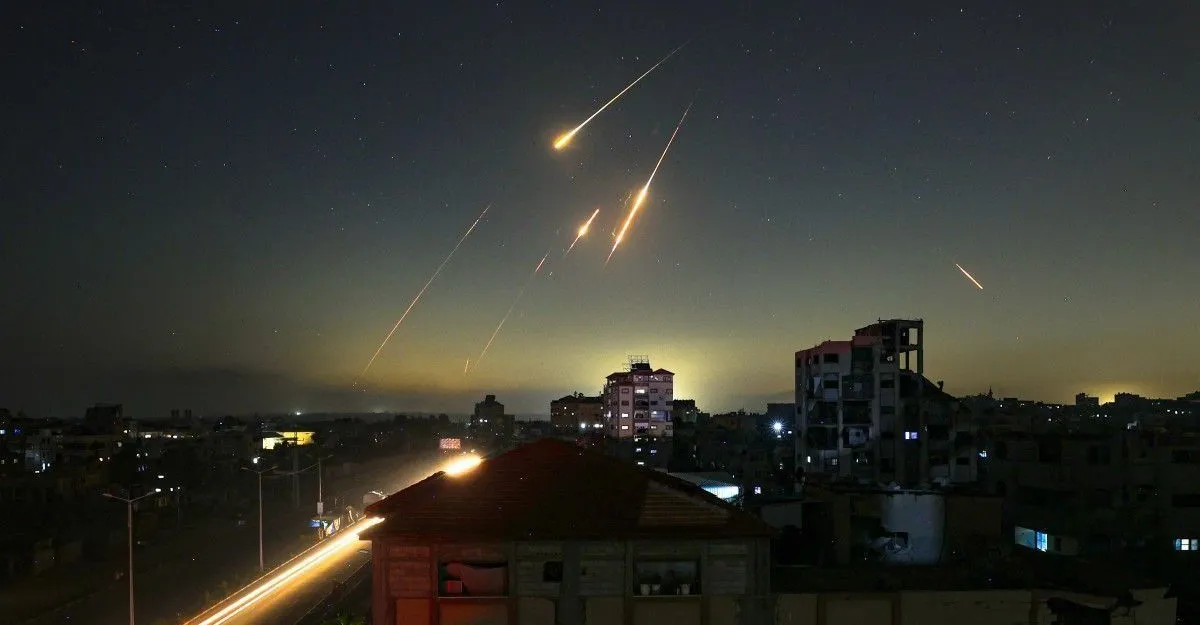Twenty-one Philippine government officials have been safely evacuated from Israel to Jordan as escalating violence in the region raises concerns for the safety of foreign nationals. The evacuation, coordinated by the Philippine Department of Foreign Affairs (DFA), underscores the growing instability in the Middle East and the challenges faced by governments in protecting their citizens abroad.
Details of the Evacuation
The group, comprising diplomats and other government personnel, was moved across the border into Jordan following heightened security risks in Israel. According to a statement from the DFA, the evacuation was a precautionary measure prompted by recent outbreaks of violence and the potential for further escalation. “The safety of our personnel is our utmost priority” said a DFA spokesperson. The department confirmed that all 21 individuals are safe and accounted for, with arrangements underway to facilitate their return to the Philippines if necessary.
While specific details about the nature of the threats were not disclosed, the move comes amid a backdrop of intensifying conflict in the region, including military operations and civil unrest that have affected both local populations and foreign nationals. The Philippine government has been closely monitoring the situation, coordinating with international partners to ensure the security of its citizens in Israel and neighboring areas.
Broader Context of Filipino Presence in Israel
The Philippines maintains a significant presence in Israel, with thousands of Filipino workers, primarily caregivers and domestic helpers, residing in the country. Beyond the labor force, government officials and diplomats are stationed there to support the diaspora and foster bilateral relations. The recent evacuation highlights the vulnerability of these communities during periods of conflict, as well as the logistical challenges of ensuring their safety in a rapidly changing environment.
Historically, the Philippine government has had to orchestrate similar evacuations in the Middle East, notably during conflicts in Lebanon and Libya. Each operation tests the DFA’s crisis response mechanisms, often requiring collaboration with host governments, international organizations, and neighboring states like Jordan, which has frequently served as a transit point for evacuees. This latest incident adds to a growing list of emergency measures taken to protect Filipinos abroad.
Regional Instability and International Response
The unrest in Israel is part of a broader wave of instability across the Middle East, driven by political tensions, territorial disputes, and sporadic violence. While the specifics of the current situation remain fluid, reports from trusted outlets such as Reuters indicate a sharp increase in hostilities in recent weeks, prompting several countries to issue travel advisories or initiate evacuations of their citizens. The Philippine government’s decision aligns with these international efforts to mitigate risks to non-combatants.
Analysts suggest that the volatility could have wider implications for the region, potentially disrupting diplomatic engagements and economic ties. For the Philippines, maintaining strong relations with Israel is a priority, given the economic contributions of Filipino workers and the potential for collaboration in areas such as agriculture and technology. However, the immediate focus remains on safeguarding lives amid the uncertainty.
Impact on Filipino Communities Abroad
Beyond the evacuated officials, the situation raises questions about the safety of the broader Filipino community in Israel. Many workers rely on employment in the country to support families back home, and any prolonged conflict could disrupt remittances—a critical lifeline for the Philippine economy. The DFA has urged Filipinos in Israel to remain vigilant and register with the embassy for updates on security protocols.
On social media platforms like X, sentiments among Filipinos both in Israel and the diaspora reflect a mix of concern and resilience. Posts from community leaders emphasize the need for calm while expressing gratitude for the government’s swift action in evacuating officials. These reactions underscore the emotional toll of living and working in conflict zones, a reality for many overseas Filipino workers (OFWs).
Government Preparedness and Future Steps
The Philippine government has faced criticism in the past for perceived delays in responding to crises affecting OFWs. However, the prompt evacuation of officials suggests a more proactive stance in this instance. The DFA has indicated that contingency plans are in place should the situation deteriorate further, including potential mass evacuations of civilians if deemed necessary. “We are prepared to act swiftly to protect all our citizens” said a senior official.
Part of this preparedness involves securing funding and logistical support for repatriation efforts. While no specific figures have been released, past operations have required significant resources, often straining government budgets. For now, the focus is on monitoring developments and maintaining open lines of communication with Filipino communities in the region.
Diplomatic and Economic Considerations
The evacuation also raises questions about the future of Philippine-Israel relations. While the move is unlikely to strain diplomatic ties, it may prompt discussions on how best to ensure the safety of foreign nationals during periods of unrest. Israel has historically been a key destination for Filipino labor, and both governments have a vested interest in preserving this partnership.
Economically, any disruption to the flow of workers or remittances could have ripple effects. The Philippine economy relies heavily on overseas remittances, which amounted to billions of dollars annually. A prolonged conflict in Israel could force workers to return home prematurely, impacting household incomes and national GDP. Policymakers will need to balance these economic concerns with the imperative of citizen safety.
Looking Ahead
As the situation in Israel unfolds, the Philippine government faces the dual challenge of protecting its citizens while navigating the complexities of international diplomacy. The successful evacuation of 21 officials to Jordan is a positive step, but it is only the beginning of what could be a broader effort to safeguard thousands of Filipinos in the region. Questions remain about how the conflict will evolve and what measures will be needed to ensure long-term security for those caught in its midst.
For now, the focus is on vigilance and coordination, with the hope that stability can be restored before more drastic actions are required. The resilience of the Filipino community, both at home and abroad, will undoubtedly play a crucial role in weathering this storm.
















